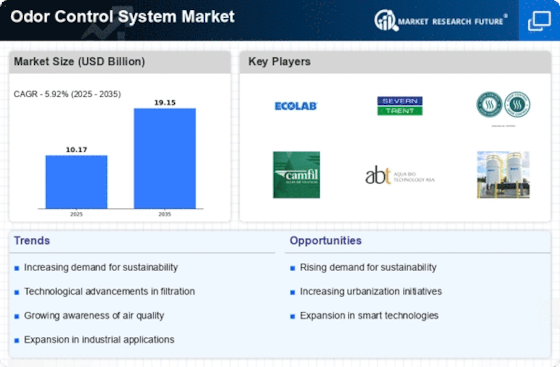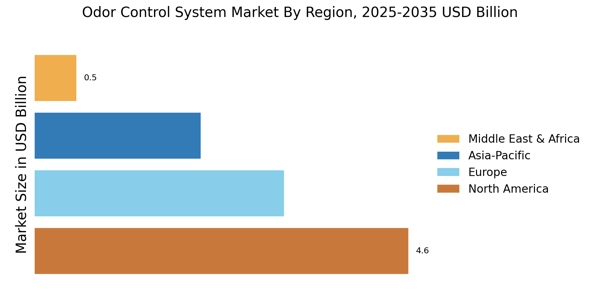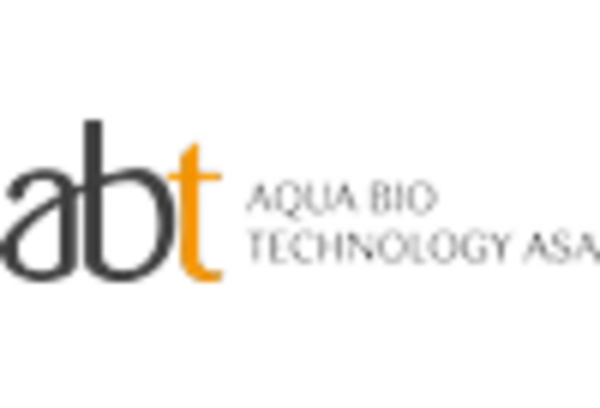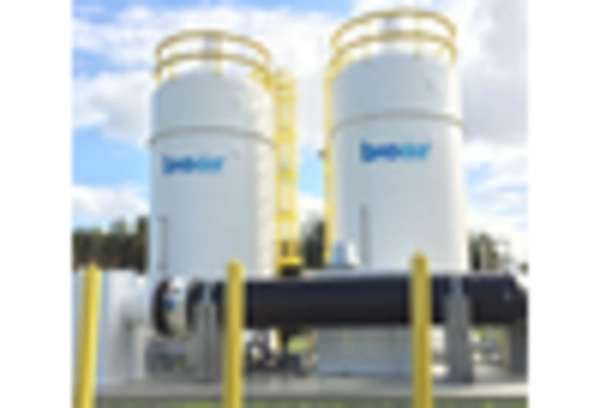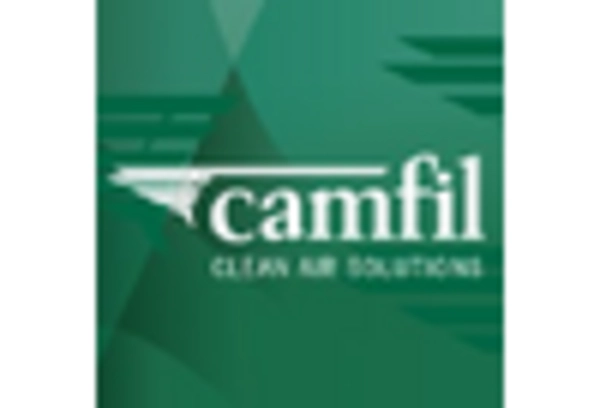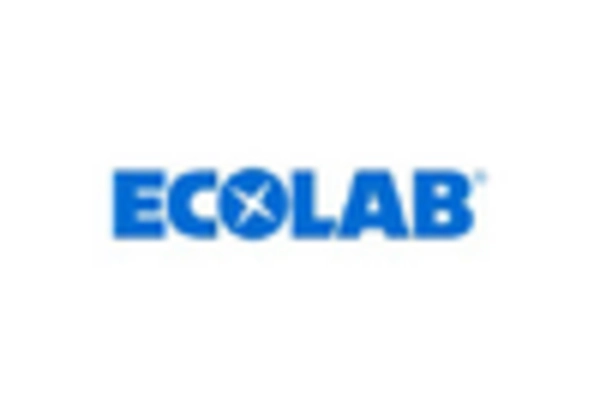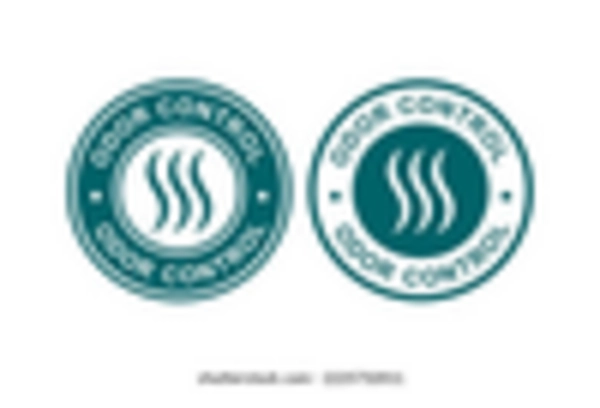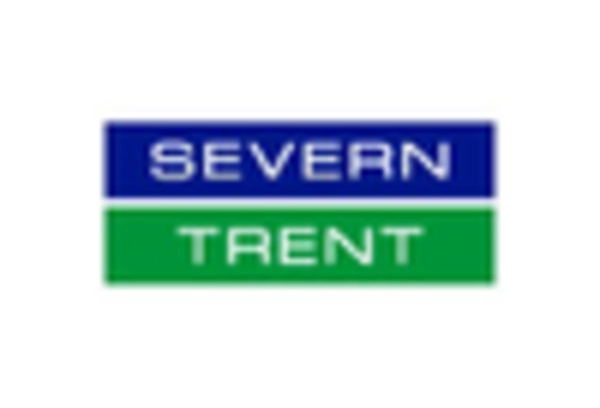Technological Innovations
Technological advancements play a crucial role in shaping the Odor Control System Market. The integration of cutting-edge technologies such as biofiltration, activated carbon, and advanced chemical scrubbers has revolutionized odor management. These innovations enhance the efficiency and effectiveness of odor control systems, making them more appealing to various industries. For instance, the adoption of IoT-enabled systems allows for real-time monitoring and management of odor emissions, providing businesses with actionable insights. As industries increasingly prioritize operational efficiency and compliance, the demand for technologically advanced odor control solutions is expected to rise. Market analysts suggest that the sector could experience a growth rate of around 6% annually, driven by the continuous evolution of odor control technologies.
Rising Environmental Concerns
The increasing awareness regarding environmental issues is a pivotal driver for the Odor Control System Market. As industries face mounting pressure to minimize their ecological footprint, the demand for effective odor control solutions has surged. Regulatory bodies are implementing stringent guidelines to curb emissions and odors, compelling businesses to adopt advanced odor management systems. This trend is particularly evident in sectors such as waste management and food processing, where odor control is essential for compliance. The market is projected to witness a compound annual growth rate of approximately 5.2% over the next few years, reflecting the growing emphasis on sustainable practices. Consequently, companies are investing in innovative technologies that not only address odor issues but also align with environmental sustainability goals.
Waste Management Sector Growth
The growth of the waste management sector is a significant driver for the Odor Control System Market. As waste generation continues to rise, the need for effective odor control solutions in landfills, composting facilities, and waste treatment plants becomes increasingly critical. The implementation of advanced odor management systems is essential for mitigating the unpleasant odors associated with waste processing, thereby ensuring compliance with environmental regulations and enhancing community relations. The market is expected to expand at a compound annual growth rate of approximately 6.3%, driven by the increasing focus on sustainable waste management practices. Companies are investing in innovative technologies that not only address odor issues but also contribute to overall waste reduction and environmental sustainability.
Food and Beverage Industry Demand
The food and beverage sector is a key driver of the Odor Control System Market. With the increasing production and processing of food items, the generation of odors has become a pressing concern for manufacturers. Effective odor management is essential not only for compliance with health regulations but also for maintaining product quality and consumer satisfaction. As the industry evolves, there is a growing emphasis on implementing odor control systems that can efficiently manage emissions from processing plants, storage facilities, and distribution centers. The market for odor control solutions in this sector is anticipated to grow at a rate of around 5.5% per year, reflecting the industry's commitment to quality and regulatory adherence.
Urbanization and Population Growth
Urbanization and population growth are significant factors influencing the Odor Control System Market. As urban areas expand, the concentration of industries and residential zones increases, leading to heightened odor-related challenges. This phenomenon necessitates the implementation of effective odor control measures to ensure public health and comfort. Cities are investing in infrastructure that incorporates advanced odor management systems to mitigate unpleasant odors from waste treatment facilities, manufacturing plants, and other sources. The market is likely to see a surge in demand for odor control solutions, particularly in densely populated regions. Projections indicate that the market could grow by approximately 4.5% annually, driven by the need for improved urban living conditions and regulatory compliance.


